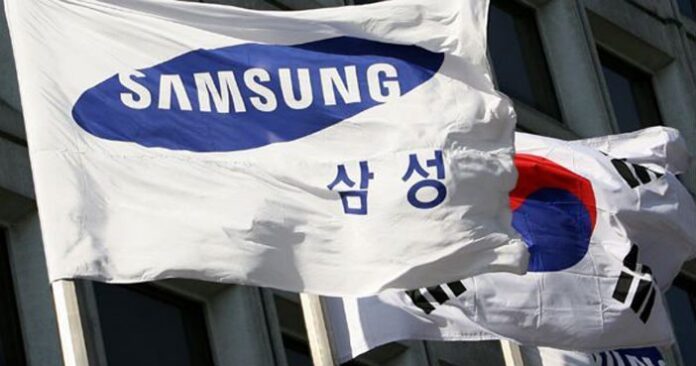Samsung’s semiconductor business is a bright spot for the world’s largest smartphone maker, and continues to grow despite the company’s on-again off-again relationship with major customer Apple. Samsung Electronics’ most recent quarterly report showed its chip unit delivering more than half the company’s operating profit and more than a quarter of its revenue.
Increasing shipments of devices with solid state drives has boosted demand for the company’s memory chips, a trend that Samsung expects to continue in the months ahead. Growth in the company’s non-memory chip business is being driven by demand for chips created using its 14-nanometer process and by increased sales of mid-to-low end system-on-chip solutions and image sensors. Samsung reportedly expects 10% annual growth in its foundry business this year.
Last fall, Samsung said it was the world’s first chip maker to begin mass production of system-on-chips made using 10-nanometer fin field effect transistor technology. FinFET is a 3D chip manufacturing process expected to become a new industry standard. It gets its name from the three dimensional structures that rise above the substrate and resemble fins.
The big picture
Samsung’s chip business is just one part of Samsung Electronics, which also includes mobile devices, wireless infrastructure, display panels and various other consumer electronics, and home appliances. In turn, Samsung Electronics is just one part of Samsung Group, which includes construction businesses, engineering services, financial services, retailing, and a medical center.
While the semiconductor unit’s outlook is bright, the big picture for Samsung Group may be cloudier for the next several months. The explosive Galaxy Note 7 is Samsung’s highest profile problem, but it is not the only challenge facing the Korean conglomerate.
Samsung’s top executive, Lee Jae-yong, is currently being investigated by a South Korean special prosecutor. Last year Samsung merged two of its construction subsidiaries in a move that increased Jae-yong’s control over all of Samsung’s businesses. Now prosecutors want to know whether South Korean president Park Geun-hye supported the merger for personal reasons. The president’s friend Choi Soon-sil allegedly controlled a foundation that received large donations from Samsung. The scandal has already led to the impeachment of Geun-hye, the first woman to serve as South Korea’s president.
Follow me on Twitter.

